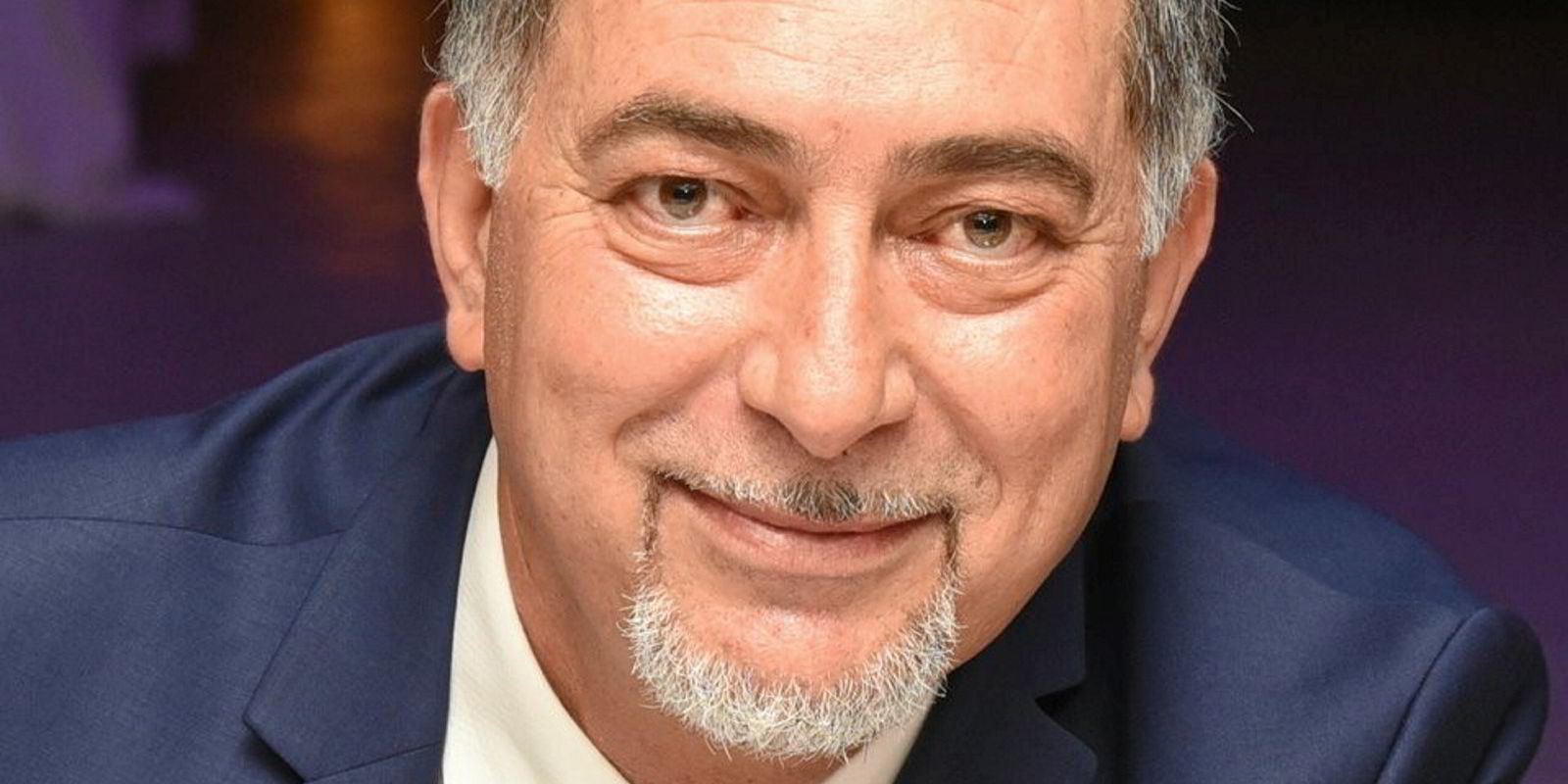Germany’s Schulte Group has established a one-stop shop to meet growing third-party demand from shipowners and ship managers for emissions management.
The Hamburg-based ship manager has established data management company Ocean Opt to manage emissions tracking, reduction and compliance.
The move is a response to pressure on the shipping industry to adopt emission trading systems and regulatory compliance, Schulte noted.
That includes the European Union Emissions Trading System, which is expected to have a major impact on shipping from 2025.
“Within the Schulte Group, we have over 300 vessels under contract for performance optimization,” said Schulte Group chief executive Ian Beveridge.
“In addition, we already had 200 vessels under EU ETS subscription before the 2024 implementation of the EU ETS directive and we see more and more requests coming in from the market.”
“This is why Ocean Opt has been established,” he said.
“Our aim is to offer our services to a broader client base, including for example shipowners who do their ship management in-house.”
Stay competitive
The move is a further diversification for Schulte Group, which employs over 20,000 seafarers and 3,000 people on shore.
The family-owned company owns or co-owns a diversified fleet of over 75 vessels, and manages over 670 ships from over 30 offices around the world.
That fleet faces pressure from new environmental regulations including the introduction of the International Maritime Organization’s Carbon Intensity Indicator rating scheme and Energy Efficiency Existing Ship Index in 2023, effective this year.
Other pressures include the FuelEU Maritime, which will require monitoring plans for ships calling at the EU to be submitted to authorised verifiers by the end of August.
“Decarbonising the shipping industry is here to stay and rightly so,” said Anil Jacob, managing director of Ocean Opt.
“The more precise the data, the more realistic and cost-efficient are our recommendations for the concrete actions needed to optimise performance, reduce emissions, reach compliance and, most importantly, stay competitive,” he concluded.





